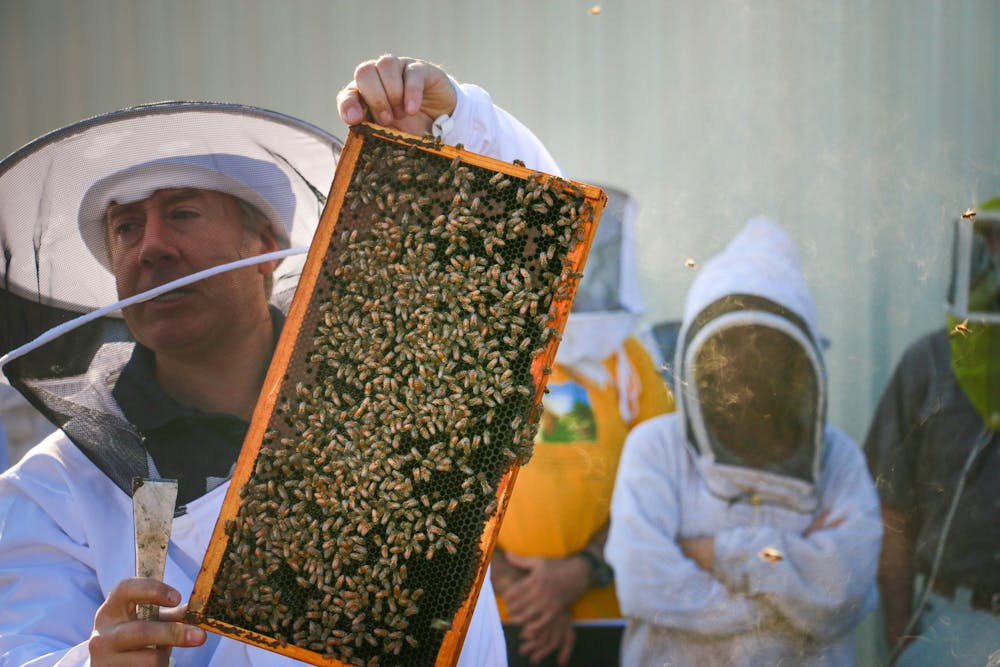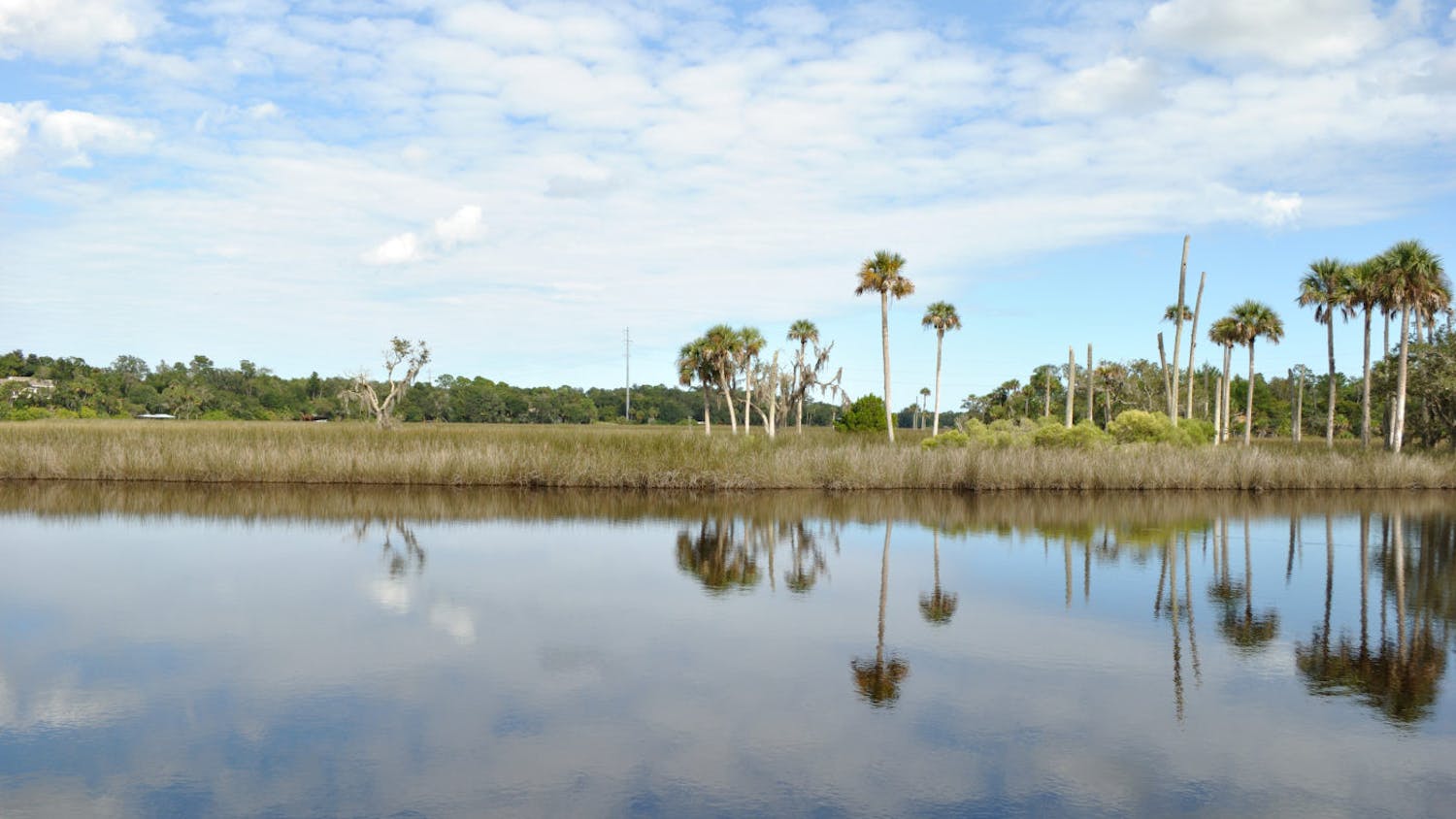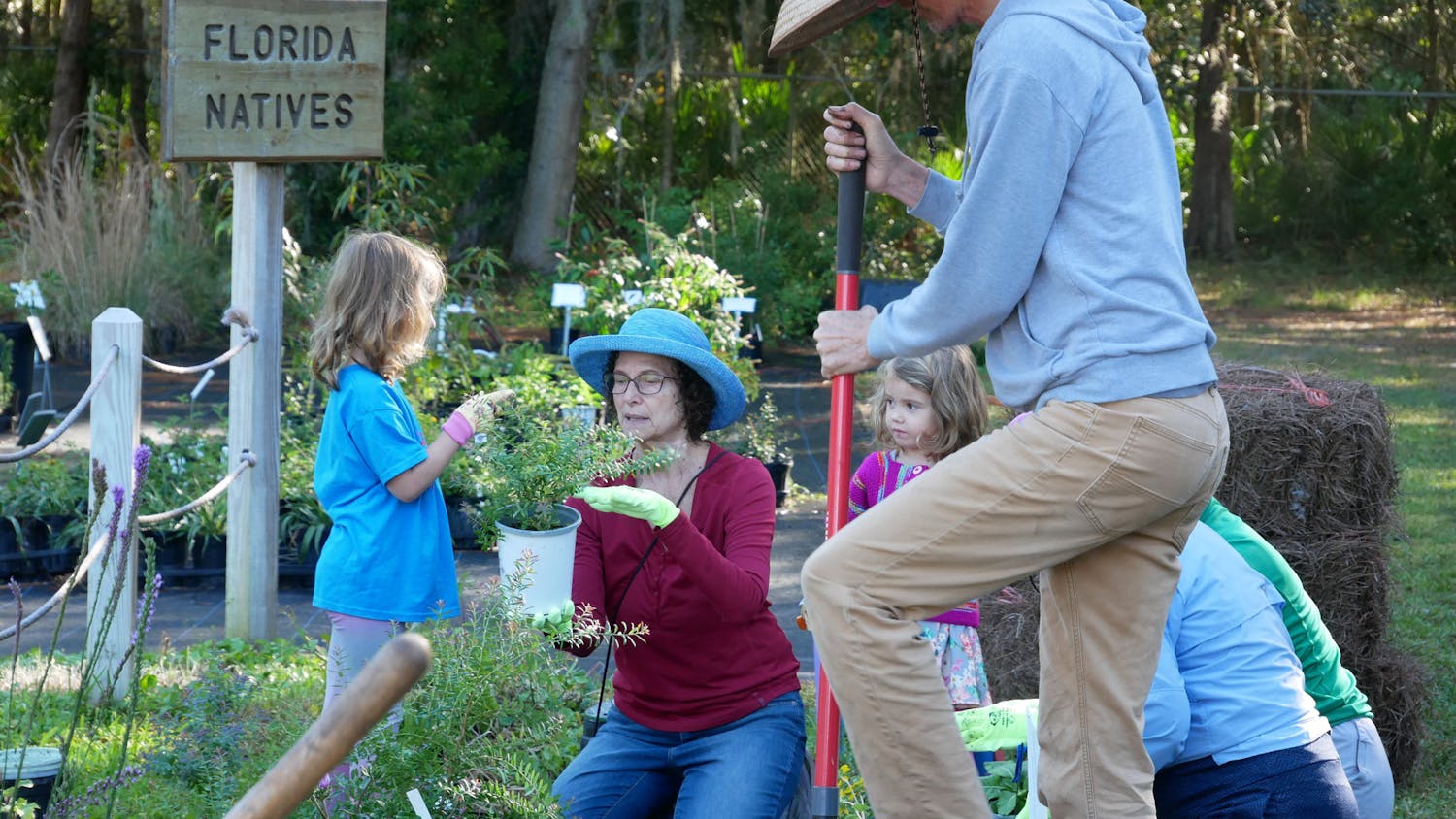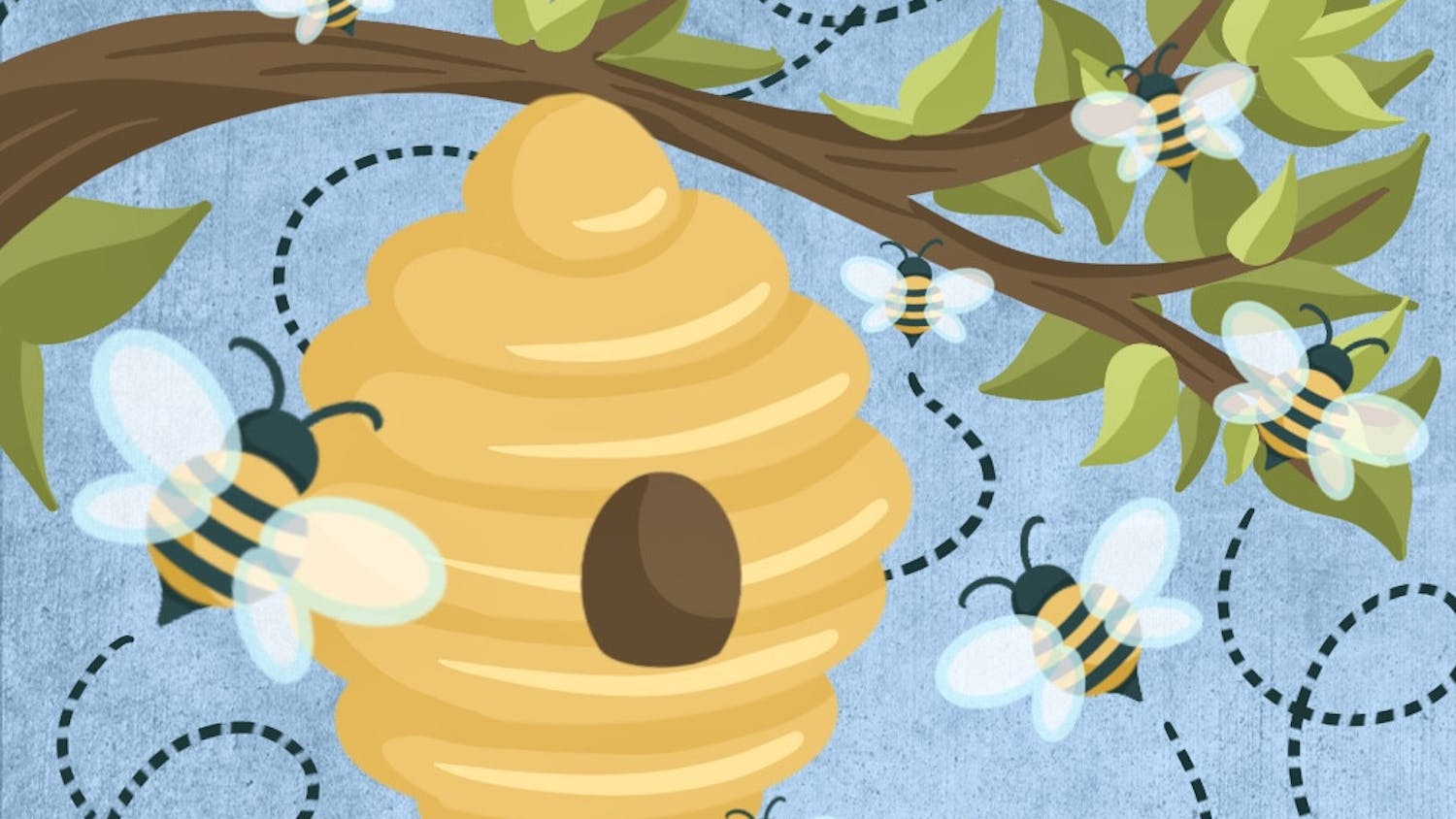Traditional license plates may see a sweet change in the near future.
A new “Save the Bees” specialty plate is being proposed by the Florida State Beekeepers Association, a non-profit organization that advocates and raises funds for state beekeepers and researchers like UF’s Honey Bee & Re- search Extension Lab scientists.
“Beekeeping is still fairly unknown,” said Jennifer Holmes, the association president. “We’re working really hard to be more involved so that people know who we are and what we’re doing.”
The license plate, which has been in the works for three years, is being proposed as a bill during the state’s next legislative session March 5 and 6, Holmes said.
If it passes, she said, it will go to the Florida Department of Transportation for approval. Then consumers will be able to pre-order plates for their vehicles.
The specialty plate will cost $25 annually as part of the normal tag fee vehicle owners pay every year, she said. The exact figures of cost and distribution are yet to be determined.
The money raised from the plates will go toward bee health research in the state, Holmes said. Bees are most threatened by pests and disease, but funding for studies is limited.
With over 5,000 registered beekeepers in the state, research will help a large part of state agriculture and potentially expand to aid beekeepers across the nation, she said.
“We want honey bees to be okay,” Holmes said. “That’s the main goal.”
Beekeepers in the U.S. lose about 30 to 40 percent of their colonies every year, said Mary Bammer, the extension coordinator for the UF Honey Bee Research and Extension Lab.
The only way beekeepers make up for this loss is by splitting their colonies in half. She said the process of splitting, which requires extra food, labor and equipment, is only feasible because of the current high price of honey.
Bammer said the biggest project the two groups recently worked together on was the building of a new facility, the Honey Bee Research and Extension Lab, at 1881 Natural Area Drive.
The lab was built in August 2018, cost $2 million of state funding, $1 million of university funding and $1.5 million of funding from state beekeepers themselves, she said.
Because of this effort, UF is able to run three main honey bee programs: teaching, extension and research, she said. Teaching allows students to take beekeeping classes while extension and research help local beekeepers learn to better care for and under- stand bees.
The license plate funds will help further develop these programs, she said.
“This is a big issue for beekeepers,” Bammer said.
After explaining to Bee College 2018 attendees how to split beehives, Rob Horsburgh, 43, demonstrates the steps Friday, Oct. 14, 2018. The event was hosted by the UF IFAS Honey Bee Research and Extension Lab and offered a variety of classes on beekeeping.






